Inside story: Why laws must be changed to allow Queenslanders to have a good death
Gold Coast mum Gayl Gray was diagnosed with three aggressive brain tumours - just nine weeks later she was put in a coma and died. Now her daughter is fighting to give others the choice her mum never had. LISTEN TO WHAT SHE HAS TO SAY
Opinion
Don't miss out on the headlines from Opinion. Followed categories will be added to My News.
- Letters from residents wanting to save Burleigh headland
- How the silent killer of COVID is stress to frontline workers
A PARLIAMENTARY report will be handed down today on voluntary assisted dying laws. Recommendations are made before a debate in Parliament next month. It must focus on the palliative care bedside.
Forget about the side issues, about how medical technology would be used, religious and ethical positions and whether MPs must vote the party line. Focus only on the personal stories of the dying.
Go right to the final chapter, where we and medication cannot reach those we love.
Go find Gayl Gray’s story, her journey after she left Victoria’s public service in 1985 having worked in workers compensation, moved to Helensvale and set up a family pump business at Labrador.
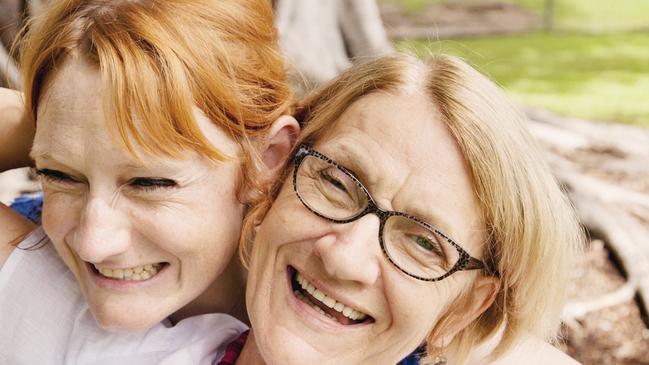
Described by her daughter Kaela as “vivacious, kind, curious and warm”. Always searching for good conversation, until in March 2015, at 63 she loses her stride, has a fall. In another rare moment, she swipes another car while driving.
All bumps along the road to a diagnosis of not one but three aggressive brain tumours.
Which causes Kaela to ponder about the poignant conversations before her mother’s diagnosis.
“Mum was a woman of ideas, and big thinking and conviction,” she says. “Growing up there was very little that was mystified for me. Part of her life view and ideology included being very much pro-euthanasia or voluntary assisted dying.
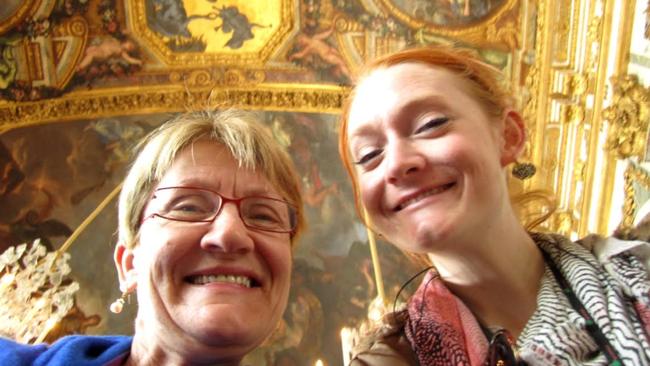
“She was quite passionate about it, because what was so important to her was that, that issue incorporated a bigger issue for her which was having autonomy and having control in decision making on your body. Being the person with whom the buck stops and a decision is made by you.”
This cancer was the cruellest. Twenty-four-hour care at first to help the family. Nine weeks later the move to a palliative care home.
“I listened to the silences between my mother’s rattled breaths. It was only the silences I found bearable,” Kaela says.
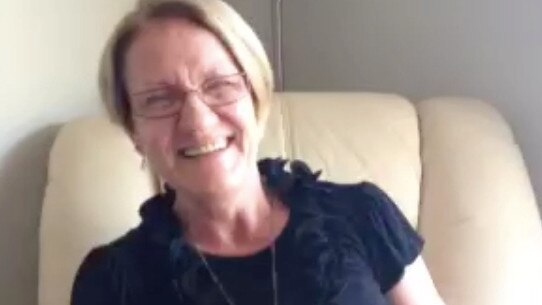
A thick flow of morphine leaves Gayl in a coma. Loved ones still sense her pain.
“Perched on the end of her bed, I was waiting for my mother’s life to be over,” Kaela says. “It got to the point where I was willing it to be over.
“This actually wasn’t my mother’s life anymore. This was the life of a cancer, living inside a gaunt shell that sort of looked like my mum. This was not a dignified exit and I know one thing for certain – this was not how my mother wanted to go.”
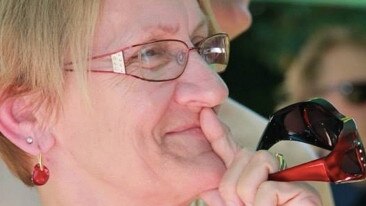
For Gayl, if she had been allowed a voice and if the laws in Queensland enabled her – the buck would have stopped then.
“Her body was too strong, we were told, her organs too efficient to shut down,” Kaela says.
“When at last her stubborn heart conceded defeat, I placed my hand on my mother’s chest and felt a reaction no-one should ever have to feel at the death of a beloved – gratitude.”
In support of the Go Gentle Australia campaign, Kaela has written to the committee, explaining that with all the freedoms in our lives we do not get to choose legally how to end it when faced with a terminal illness causing unbearable pain and loss of dignity.
Forget about “euthanasia” and “voluntary assisted dying” – think about what Kaela and Gayl refer to as a “good death”.
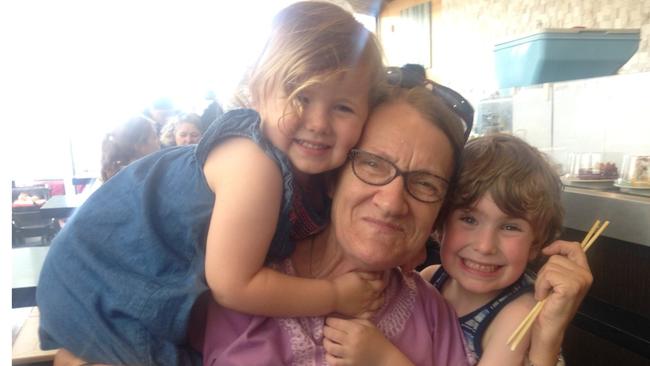
“The word has deep roots, the concept has deep roots, the debate accompanying it has the deepest of roots,” Kaela says.
Her request is not “for the medicine cabinet to be flung open in wild abandon” but allow doctors and nurses the tools to provide their patients with more caring treatment.
This is about better choices than the violence of an unassisted suicide or starving to death.
“We wheeled my mother into palliative care for the last small chapter of her life. But in actuality, her life was already over. All that was left was the formality of a beating heart.”
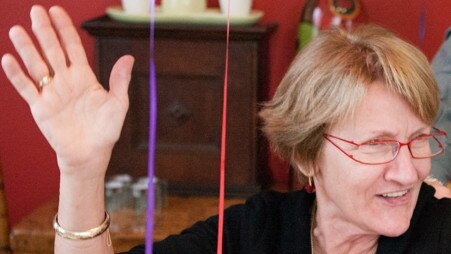
Gayl Gray’s heart stopped in May 2015. But not her words or her philosophy on life and death. They remain beating in the heart of her daughter. We should listen to her now.




